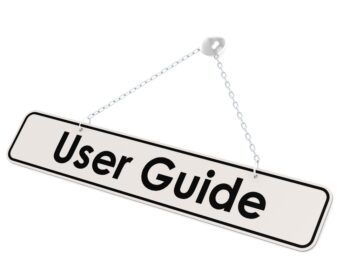For decades, carriers have grappled in New York with the problem of permanent partial disability (PPD) claims. The problem is that whenever the Board finds an injury has led to “a permanent partial disability ” the carrier must post adequate reserves to cover a lifetime of future earnings loss PLUS reserves to cover a lifetime of future medical.
Such reserves remain in an employer’s x-mod for decades and drive premiums and costs to intolerable levels. Without a method of clearing such claims from the books, the New York Board’s historically liberal approach to PPD claims (20,000/yr by 1990) would not be possible. (WCxKit)
In 1947, the “lump-sum settlement” was created. But the lump-sum was only for wage loss because the Board was reluctant to curtail medical benefits. With Medicare beginning computer searches in the 1980s to locate workers comp claims (and transfer liability to carriers and employers) a new settlement, the “Section 32” was created to close out future medical liability by awarding a sum to represent lifetime future medical as well as wage loss.
Still, that left another issue unresolved. It was well known that many people willfully remained out of work until a settlement was approved and then applied for the old job. Some employers were reluctant to rehire many of these workers, in many cases for valid reasons having to do with dysfunctional attitudes. That, in turn, led many employers to oppose settlement unless the worker agreed not to seek reemployment.
These agreements remained an embarrassment. The agreements were never disclosed to the Board as part of the settlement and, therefore, rendered the settlement void.
A recent decision, “Nickel v. Pilgrim Psychiatric,” 5/5/11, has put thousands of these closures at risk. The “Nickel” claims, as well as the earlier “Hart v Pageprint/De Kalb”, 6 AD 3d 947, reversed closing settlements because the Board procedure of having a hearing prior to approving a closing was not followed. The purpose of such hearings was to make sure everyone, including the Board, understood all the terms of the settlement.
The undisclosed agreements for an employee not to seek rehire are clearly in jeopardy. Not only do they violate the New York work comp law, permitting a reopening and posting of substantial lifetime reserves, but they might also violate the Americans with Disabilities Act.
The inexorable law of attrition, based on the temporary nature of human life spans, has forever closed most of the old claims with such agreements. In addition, most people, once a claim is closed, get on with their lives and don’t care to revisit the claim experience. Therefore, an employer probably will not be faced with a flood of reopening. However, it cannot be guaranteed all prior claims will remain closed.
The best plan of action for an employer to take is to not repeat past error. The silver lining is that if a worker refuses a valid return-to-work effort the employer would be under no general obligation to rehire. Open-ended early RTW efforts, made BEFORE a final settlement, can avoid the problem.
An unexpected benefit of early RTW initiatives is, in many cases, that it results in a closing of the comp claims, and a reestablishment of hearing capacity, WITHOUT a settlement. (WCxKit)
Author Attorney Theodore Ronca is a practicing lawyer from Aquebogue, New York. He is a frequent writer and speaker, and has represented employers in the areas of workers compensation, Social Security disability, employee disability plans, and subrogation for over 30 years. Mr. Ronca has 21 years experience in searching and retrieving medical records and many other types of documents for defense of workers compensation claims. Contact Attorney Ronca at 631-722-2100 or medsearch7@optonline.net
Our WC Manual: http://corner.advisen.com/partners_wctoolkit_book.html
WORK COMP CALCULATOR: http://www.LowerWC.com/calculator.php
SUBSCRIBE: Workers Comp Resource Center Newsletter
Do not use this information without independent verification. All state laws vary. You should consult with your insurance broker or agent about workers comp issues.
©2011 Amaxx Risk Solutions, Inc. All rights reserved under International Copyright Law. If you would like permission to reprint this material, contact Info@ReduceYourWorkersComp.com.


























